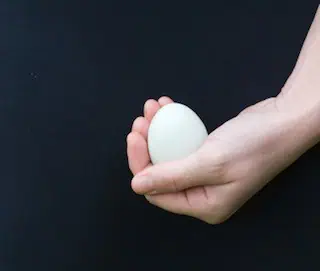
I invite you to think differently about polycystic ovary syndrome (PCOS) and the types of PCOS.
PCOS is not one thing. It is not one disease. Instead, PCOS is a set of symptoms, with the key symptom being impaired ovulation which leads to androgen excess or a high level of male hormones. Androgen excess then causes the common PCOS symptoms of hair loss, hirsutism, and acne.
To treat PCOS you must first ask: “Why, in your particular case, do you not ovulate?”
 As my patients can tell you, I prescribe magnesium for almost every hormonal condition, including PCOS, insulin resistance, PMDD, migraines, and perimenopause.
As my patients can tell you, I prescribe magnesium for almost every hormonal condition, including PCOS, insulin resistance, PMDD, migraines, and perimenopause.
